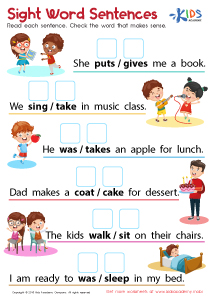Extra Challenge Reading Non-Fiction Worksheets for Ages 4-7
6 filtered results
-
From - To
Encourage young learners to delve into the world of non-fiction with our "Extra Challenge Reading Non-Fiction Worksheets for Ages 4-7." These thoughtfully crafted worksheets are designed to enhance reading skills while igniting curiosity about real-world topics. Each worksheet presents a variety of engaging informational texts followed by stimulating questions that promote critical thinking and comprehension. Perfect for home or classroom use, these resources support early reading development and confidence. Our extra challenge series ensures that kids are constantly motivated and excited about their learning journey. Begin the adventure of reading non-fiction today and watch your child’s knowledge and skills flourish!
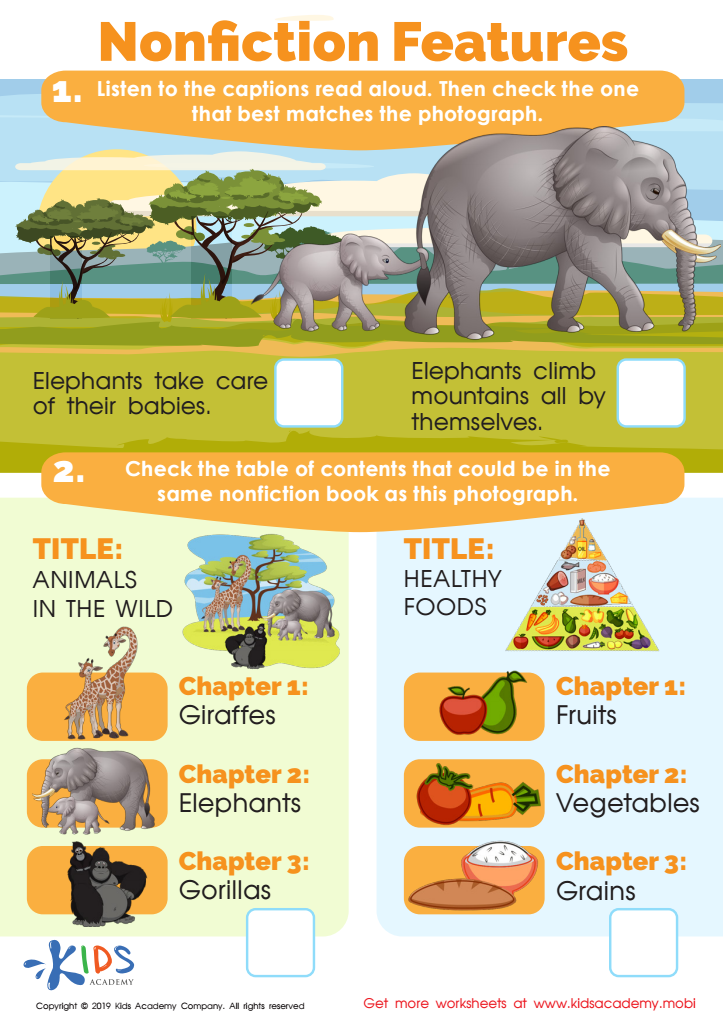

Nonfiction Features Worksheet
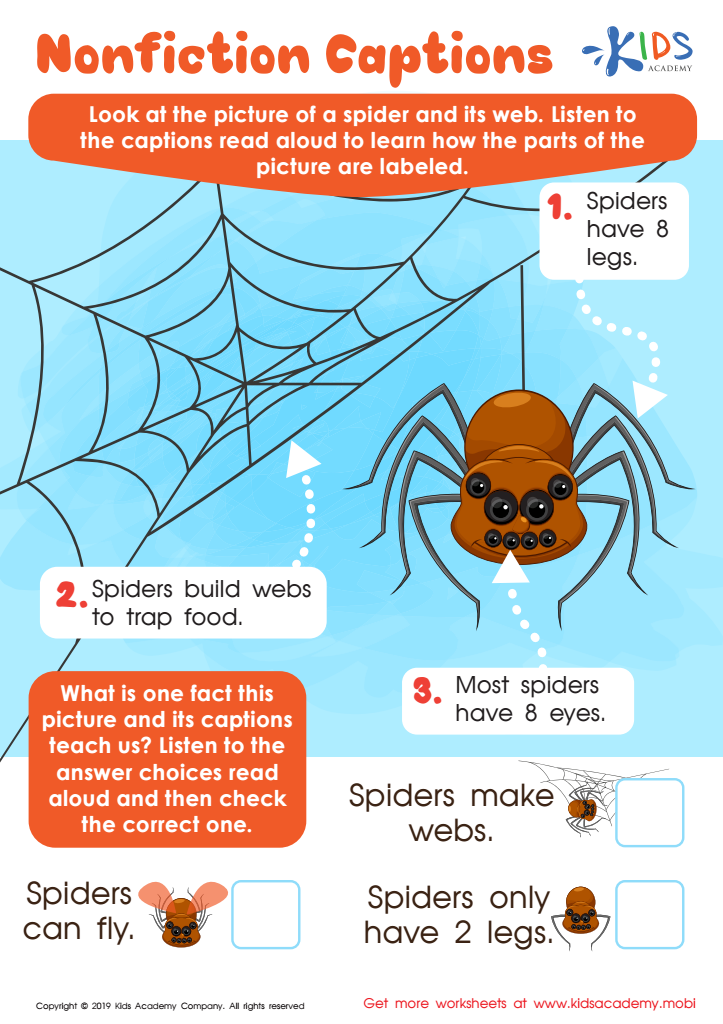

Nonfiction Captions Worksheet
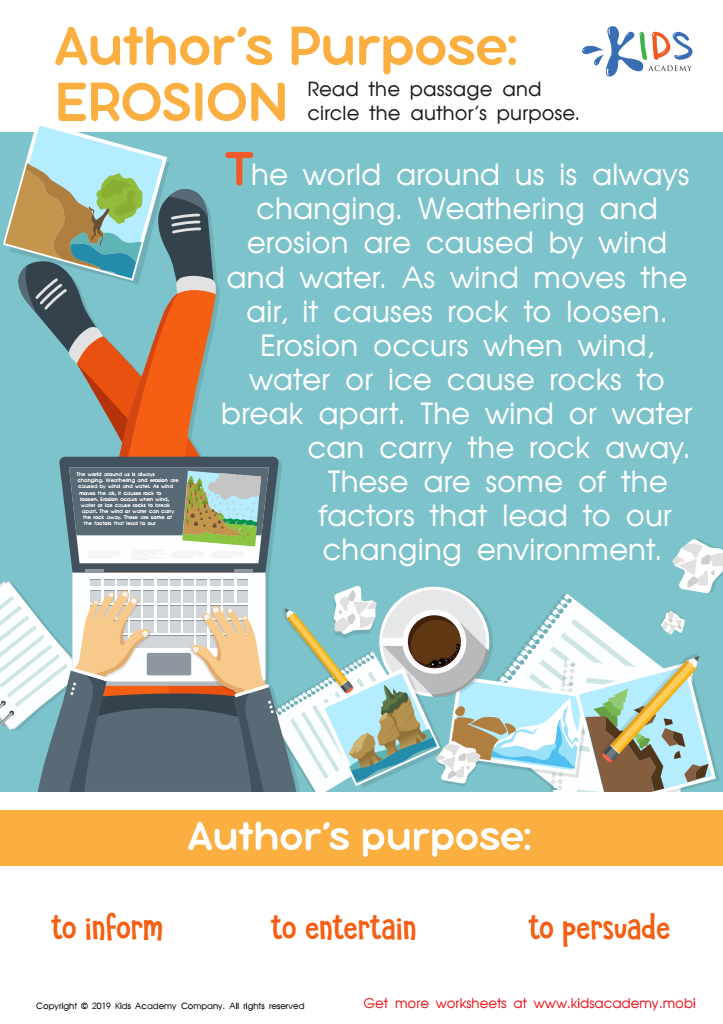

Author’s Purpose: Erosion Worksheet
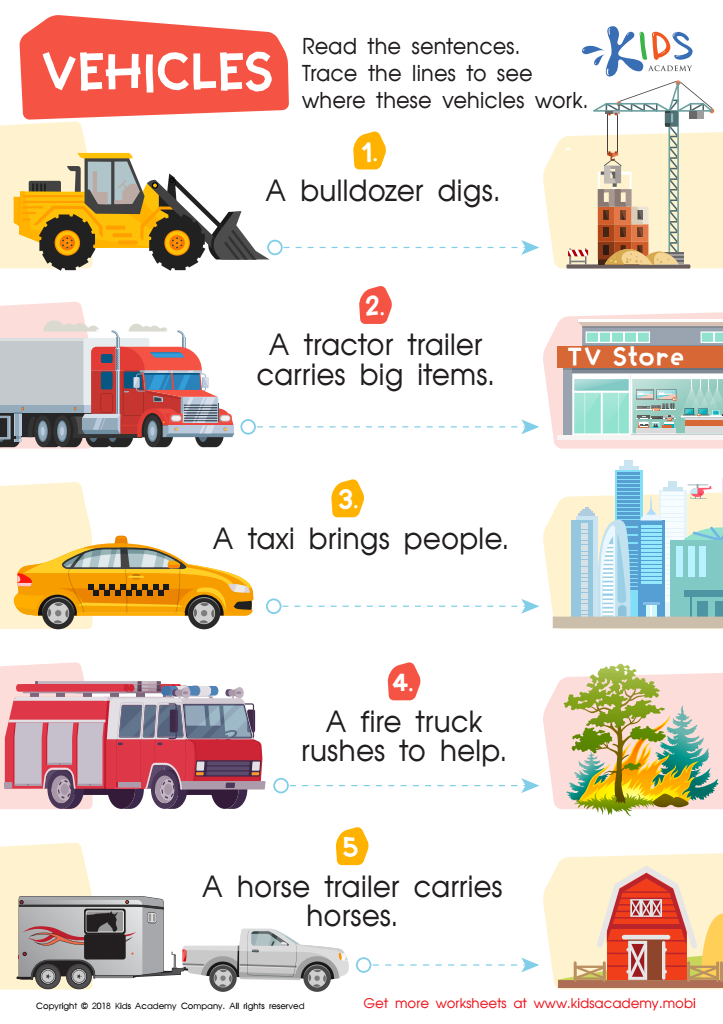

Vehicles Worksheet
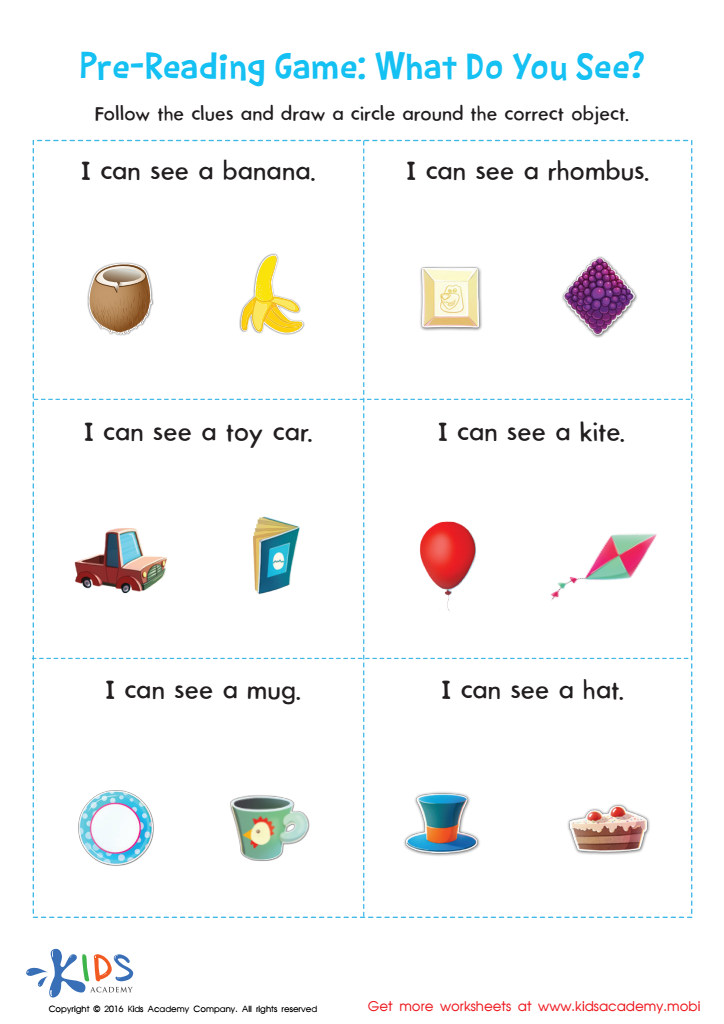

Pre–reading Worksheet: What Do You See?
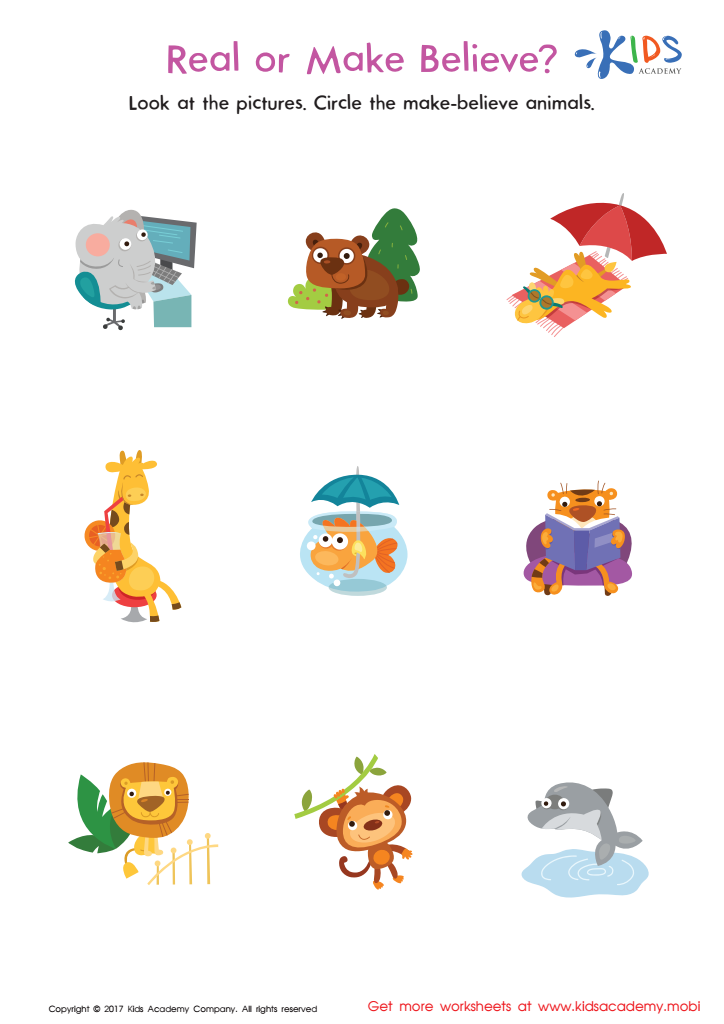

Fact or Make Believe Worksheet
Extra-challenge reading of non-fiction texts for ages 4-7 is crucial in fostering a well-rounded development in young learners. Firstly, engaging with non-fiction materials helps children build knowledge about the world around them, enhancing their vocabulary and comprehension skills. When young children read about diverse topics such as animals, space, or cultural traditions, they gain a broader understanding and curiosity about the world.
Moreover, non-fiction reading supports the development of critical thinking skills. Children learn to differentiate between fact and opinion, identify main ideas, and understand cause and effect. This mental engagement not only bolsters cognitive development but also prepares them for future academic tasks that demand these skills.
Next, non-fiction texts often include various text features such as charts, photos, and captions. Familiarity with these can improve children's abilities to navigate texts, aiding their overall literacy. It also encourages them to derive information from multiple sources, a key competency in an information-rich society.
Finally, by addressing challenging concepts through non-fiction, parents and teachers can instill a sense of achievement in children. Understanding complex topics boosts their confidence and promotes a lifelong love of reading and learning. Therefore, integrating extra-challenge non-fiction reading into early education is essential for developing inquisitive, knowledgeable, and well-prepared learners.

 Assign to the classroom
Assign to the classroom






